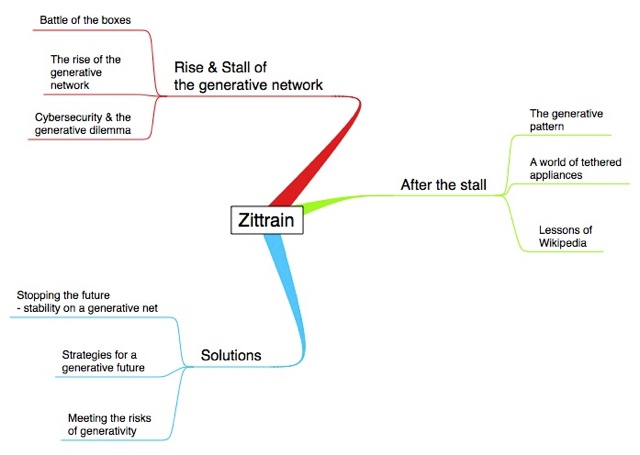Funny to see the Dirty Digger and arch-libertarian Henry Porter climbing onto the same mattress, but life’s like that sometimes. History’s littered with strange alliances. Here’s Forbes.com’s take on it:
Rupert Murdoch threw down the gauntlet to Google Thursday, accusing the search giant of poaching content it doesn’t own and urging media outlets to fight back. “Should we be allowing Google to steal all our copyrights?” asked the News Corp. chief at a cable industry confab in Washington, D.C., Thursday. The answer, said Murdoch, should be, “Thanks, but no thanks.”
Google sees it differently. They send more than 300 million clicks a month to newspaper Web sites, says a Google spokesperson. The search giant is in “full compliance” with copyright laws. “We show just enough information to make the user want to read a full story–the headlines, a line or two of text and links to the story’s Web site. That’s it. For most links, if a reader wants to peruse an entire article, they have to click through to the newspaper’s Web site.”
Later in the piece Anthony Moor, deputy managing editor of the Dallas Morning News Online and a director of the Online News Association is quoted as saying:
“I wish newspapers could act together to negotiate better terms with companies like Google. Better yet, what would happen if we all turned our sites off to search engines for a week? By creating scarcity, we might finally get fair value for the work we do.”
Now that would be a really interesting experiment. If I were the Guardian and the BBC I’d be egging these guys on. It’d provide an interesting case study in how to lose 50% market share in a week or two.
UPDATE: Anthony Moor read the post and emailed me to say that Forbes’s story presented an unduly simplistic version of his opinion:
Just to clarify, I’m not one of those who think Google is the death of newspapers. Quite the contrary, I emphasized to reporter Dirk Smillie that search engines are the default home page for people using the Internet, and as such, direct a lot of traffic to us. That traffic is important. I don’t believe Google is “stealing” our content. And I was being a bit tongue-in-cheek about “turning off” to Google. We don’t matter much to Google. I was musing about what might happen if all news sites turned off for a week. What would people think? Would they survive? (Maybe.) I wasn’t suggesting we block Google from spidering our content. That wouldn’t test the “what if digital news went dark” hypothesis. In any case, none of that will fix our own broken business model.
Google organizes the Web. Something needs to do that. My concern is that they’re effectively a monopoly player in that space. Oh sure, there’s Yahoo, but who “Yahoos” information on the Web? I understand and recognize the revolutionary nature of the link economy, but I’m concerned that it’s Google which defines relevance via their algorithms. (Yes, I know that they’re leveraging what people have chosen to make relevant, but they’re still applying their own secret sauce, which is why we all game it with SEO efforts) and that puts the rest of us in a very subservient position.
I wonder if there isn’t another way in which the Web can be organized and relevance gained that reduces the influence of Google and returns some of the value that Google is reaping for the rest of us? I predict that someday there will be and all this talk of Google’s dominance will be history.
STILL LATER: At the moment, there’s a very low signal-to-noise ration in this debate : everyone has opinions but nobody knows much, and it’d be nice to find some way of extracting some nuggets of hard, reliable knowledge on which we could all agree. An experiment in which major news sources turned off their online presence for a week or two might be useful in that context. And it might enable us to move on from the current yah-boo phase. It would enable us to assess, for example, the extent to which the blogosphere is really parasitic on the traditional news media. My view (for what it’s worth) is that the relationship is certainly symbiotic, but that the blogosphere is more free-standing than print journalists tend to assume. The experiment would shed some light on that.


